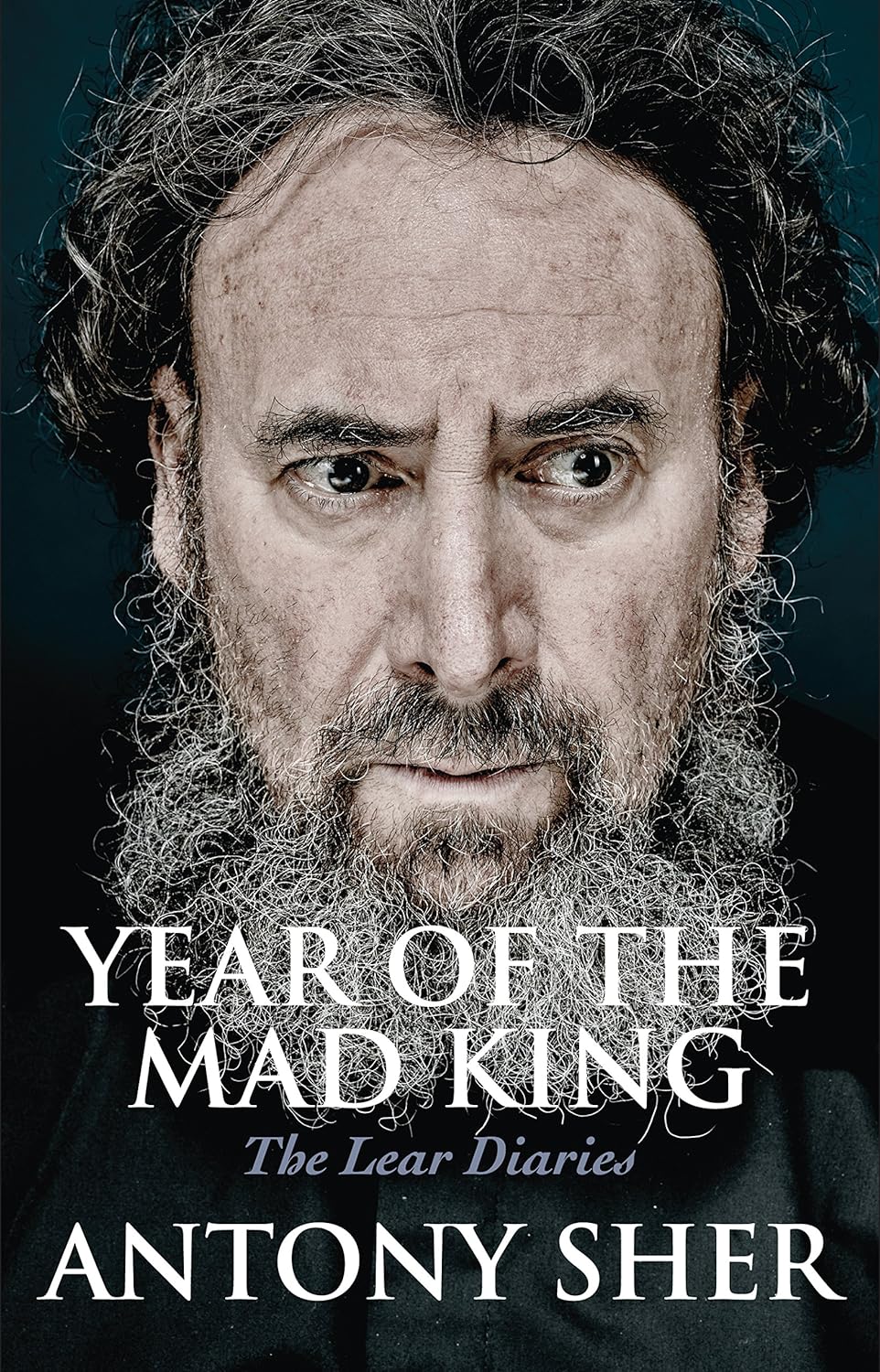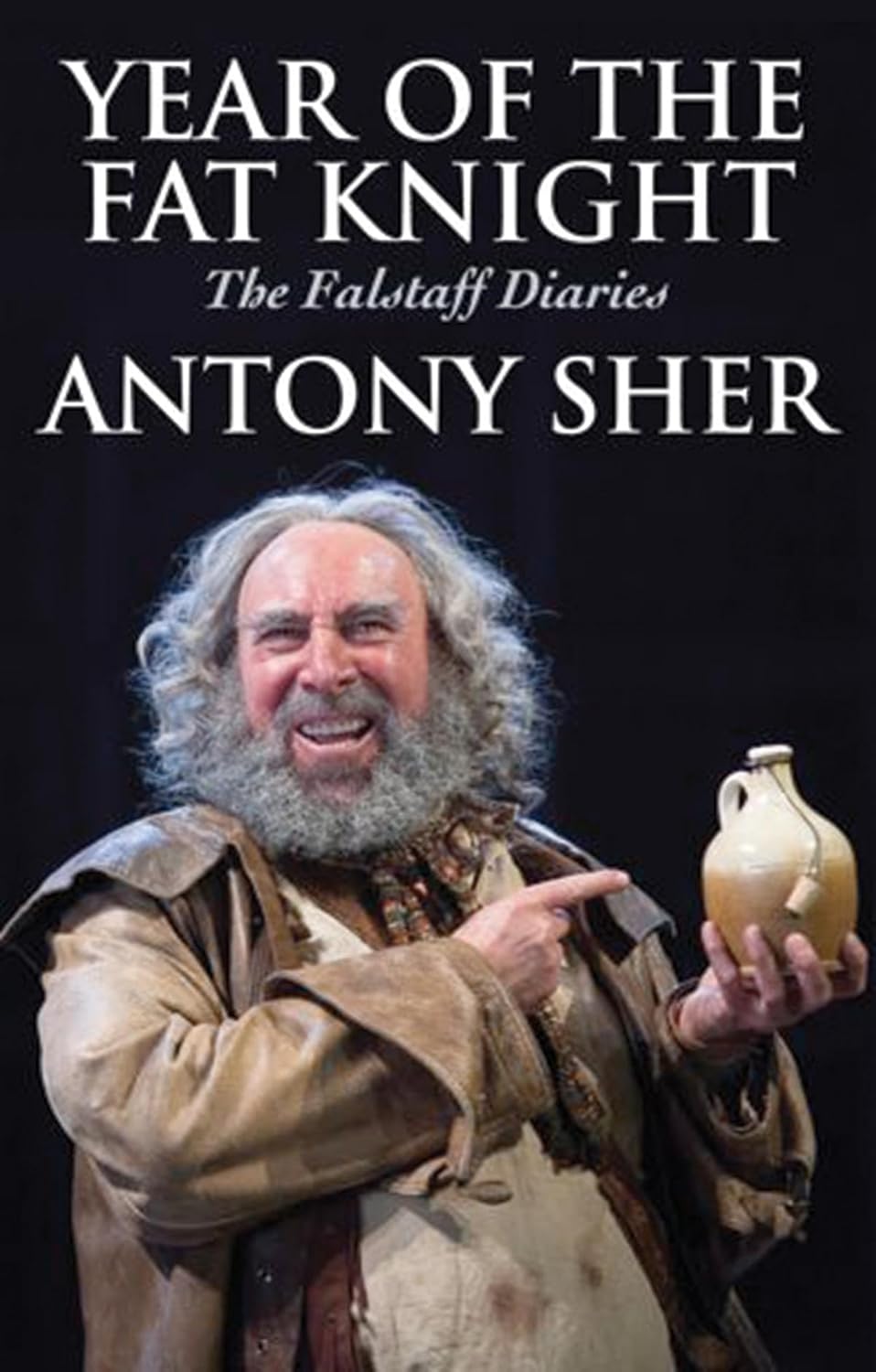 Kells, Stuart. Shakespeare's Library: Unlocking the Greatest Mystery in Literature. Berkley: Counterpoint, 2019.
Kells, Stuart. Shakespeare's Library: Unlocking the Greatest Mystery in Literature. Berkley: Counterpoint, 2019.After one more "Book Note," we'll get back to some Shakespeare and film—part of what a Shakespeare and film microblog ought to be doing.
I'm still a bit puzzled by Shakespeare's Library. I thought it was going to be another authorship tome: the man from Stratford's library can't be found—it wasn't mentioned in his will—therefore, the man from Stratford never had a library—therefore, someone else wrote the plays attributed to the man from Stratford.
But it isn't that. Well, not exactly.
It's clear that the author was, during his education, surrounded by those advocating the case for Henry Neville as the author of the works attributed to William Shakespeare, and it's also clear that he's attracted to the proposition. But it's also clear that he understands the limitations (i.e., the basic untruth) of that claim. Still . . .
The work itself is more anecdotal than scholarly, and, apart from the bizarre Neville ramblings, it tells an interesting story about books and collections of books in Shakespeare's day and after.
Here's a quick sample—an account of Rev. James Wilmot's eighteenth-century search for Shakespeare's library:

As something of a side note, there are so many assumptions in this kind of argument that it becomes silly. Shakespeare must have had a large collection of books. They must have been at Stratford. They must have been sold upon his death. They must have had bookplates reading "From the Library of William Shakespeare, Famous Author of Plays, Poems, and Miscellanea." None of those are necessarily true, and that's one reason why an absence of information about Shakespeare's books doesn't bother me or make me question his authorship.
Two other reasons derive from my knowledge of some modern poets. I knew a brilliant poet during my time in college. He had an astonishingly retentive memory and an appalling inability to keep track of most of his books. When he did keep track of them, he read them to pieces. They weren't books that you could sell at a garage sale—or even donate to Goodwill.
I know it's dangerous to apply modern habits to early modern persons, but it doesn't stretch my imagination too much to think Shakespeare had a retentive mind, read the books he owned to pieces (probably mostly in London), read other books he didn't own (browsing the stacks of books for sale or borrowing them from people who didn't yet know that he would read them to pieces and then lose them), and failed to keep his books in pristine condition.
In any case, the book is fairly interesting, but it needs to be read with a grain of salt. That might particularly be the case with the last two pages (295-96), in which the author drops something of a bombshell:
What's that? The Littlewood Letter? Never heard of it. A letter written to Shakespeare that was delivered to Shakespeare (unlike the Quiney letter, for which, q.v.)? Has anyone else heard of this? HS anyone else seen it? How would you prove it was actually delivered rather than just written to him? What's the Folger have to say about it?
In any case, the summary of my review would be "Interesting—but be skeptical."
























